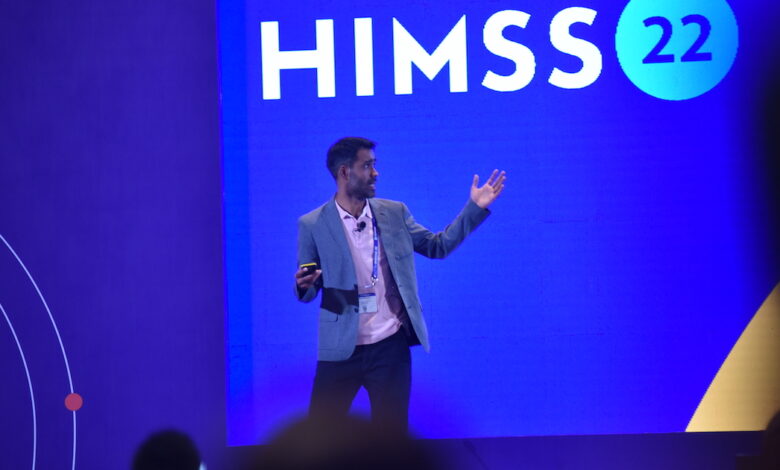Digital health cannot live up to its promise without patient activation

When it comes to changing patients’ health behaviors, simply providing them with information is not enough.
“There is a huge gap between knowledge and intent,” said Dr Praveen Deorani, senior data scientist at Singapore’s Ministry of Health.Data-driven approach to patient activation and behavior change. “
He told delegates at HIMSS22 APAC that it is important to motivate patients so that they can become active participants in their own care.
“Health-related behaviors are significantly more important predictors of health outcomes than medical care. What happens at home is more important than what happens,” explains Dr. Deorani. at the clinic”. “Even when they know about a healthy lifestyle, most patients don’t change their behavior.”
For example, about 20%-50% of patients do not take their medication as prescribed, despite knowing its importance.
“In Singapore, like everywhere in the world, chronic disease burden is increasing in aging societies,” continued Dr Deorani. “It is estimated in Singapore that government-related healthcare spending will more than double.”
Digital health has been hailed as a solution to increasing healthcare capacity but without sufficient patient motivation, remote monitoring and other technologies, it may not reach its full potential. its capacity.
Risk communication
According to Dr. Deorani, the key to empowering patients is to communicate risk in a way that makes sense to them.
“You have to be able to let patients know their personalized risk factors and what the data means for their health records,” he said. “For example, if you tell someone they have a 17% risk of cardiovascular disease, they don’t understand what that really means.”
One way to do this is through the Singapore ‘heart age’ project which relates the condition of a patient’s heart to age. For example, telling a 30-year-old that they have the same heart as a 65-year-old can make more impact than just relaying the stats.
Another problem is that many patients have multiple risk factors or have chronic conditions, which can make it difficult for them to understand the intervention that has the most impact for them.
The Department of Health is attempting to address this challenge through the use of machine learning-based personalized models to predict risk of multiple diseases over time. This data-driven model now sits at the end of a tool being tested in Singapore that can be used to educate patients about their clinical profile.
However, Dr. Deorani added that clinic visit education alone is not enough.
“There needs to be a way to continuously educate and engage patients,” he said.
To this end, Singapore has launched digital health programs for patients with hypertension, heart attack and schizophrenia using tele-monitoring tools to review clinical risk. , psychometric profile and their history. The tool also provides patients with automated personalized reminders, lifestyle coaching, and access to clinicians.
Dr Deorani concludes: “Patients are always a resource if they are involved in managing their health and we can empower them to take care of their own health.




